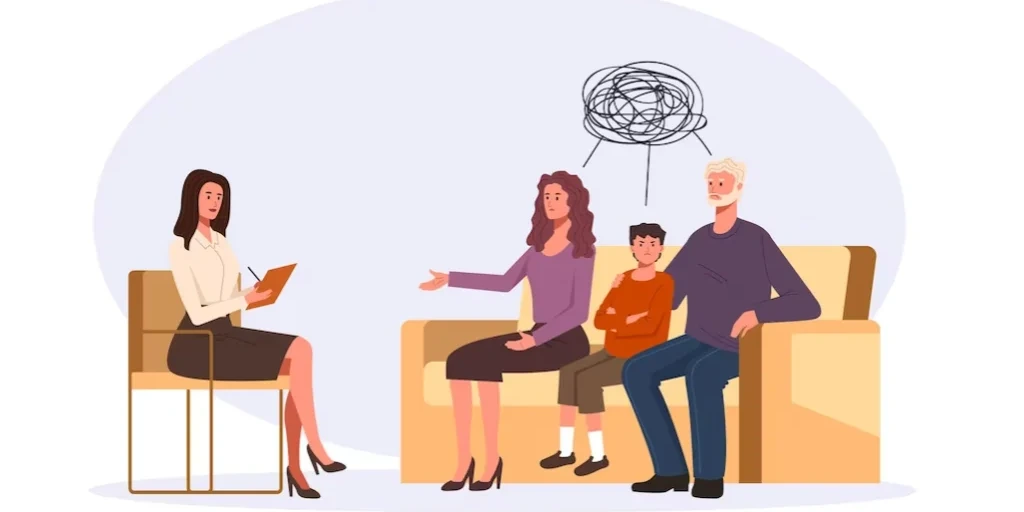24/7 Helpline:
(866) 899-221924/7 Helpline:
(866) 899-2219
Learn more about Bipolar Disorder Treatment centers in Gretna
Bipolar Disorder Treatment in Other Cities

Other Insurance Options

Medical Mutual of Ohio

BlueCross

Magellan

Health Partners

United Health Care

Lucent

Carleon

Sliding scale payment assistance

MHNNet Behavioral Health

Access to Recovery (ATR) Voucher

Anthem

Health Net

Regence

UnitedHealth Group

American Behavioral

Magellan Health

Amerigroup

Meritain

BlueShield

Covered California

CHI Health Psychiatric Associates
CHI Health Psychiatric Associates is a private rehab located in Papillion, Nebraska. CHI Health Psyc...
































































Heartland Family Service
Heartland Family Service is a private rehab located in Papillion, Nebraska. Heartland Family Service...

ABH Addiction and Behavioral Health Services
ABH Addiction and Behavioral Health Services is a private rehab located in La Vista, Nebraska. ABH A...
















